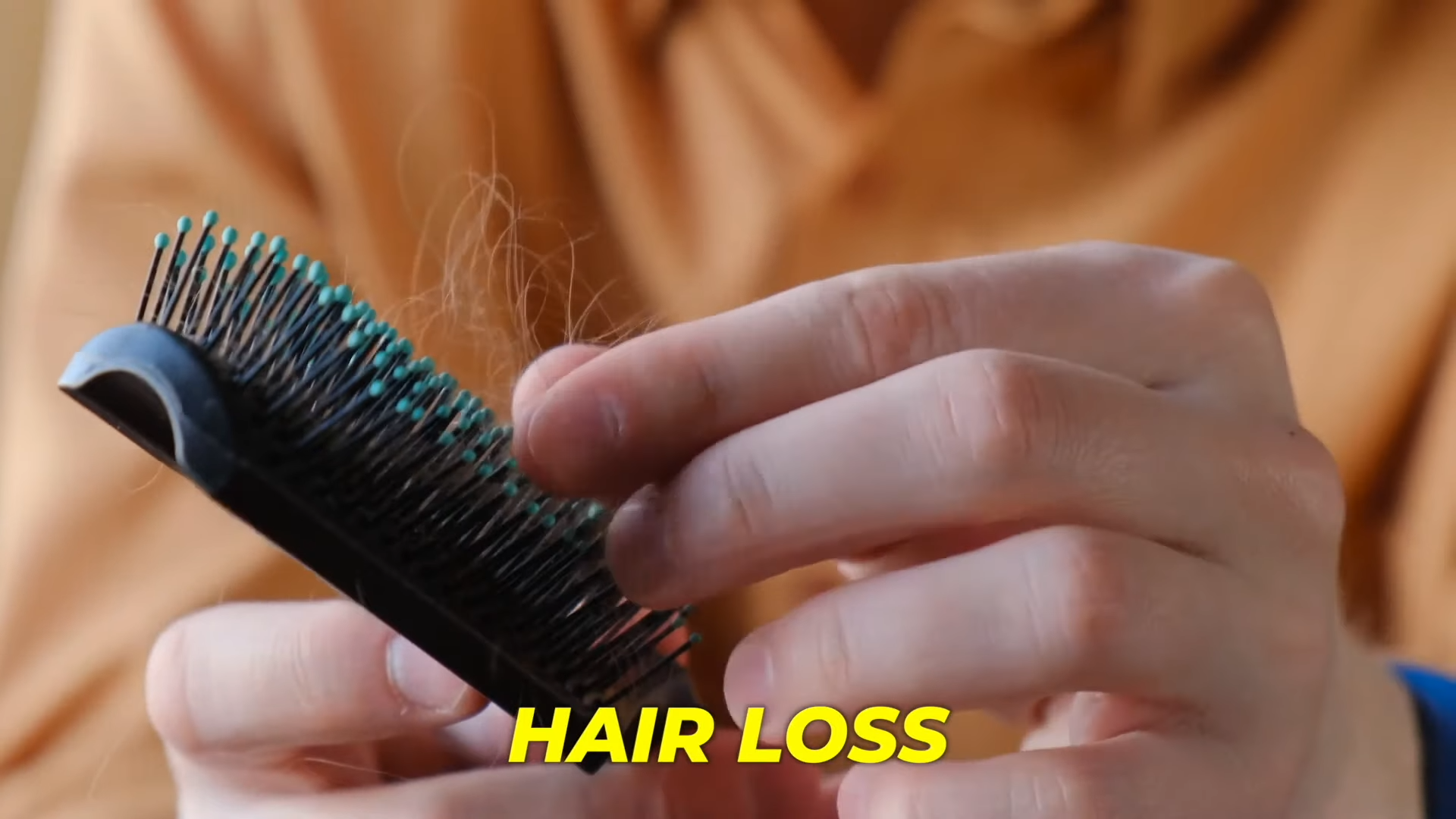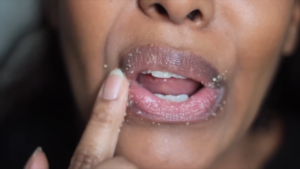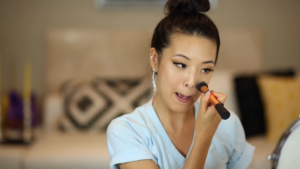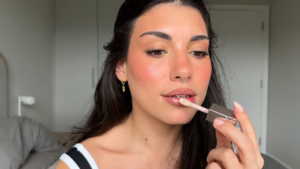Hair loss in women is a common yet often distressing issue that can impact self-esteem and overall well-being. Unlike men, whose hair loss is frequently associated with aging, women may experience hair thinning or loss due to a variety of factors, including hormonal changes, stress, and certain medical conditions. Understanding the underlying causes of hair loss is crucial for effective treatment and management. Early detection and intervention can prevent further damage and help restore hair health, allowing women to regain confidence and improve their quality of life.
Recognizing the signs of hair loss is the first step in addressing the problem. While it’s normal to shed some hair daily, excessive shedding, noticeable thinning, or bald patches may indicate a more serious issue. Women experiencing these symptoms should seek professional advice to determine the cause and explore treatment options. By addressing hair loss early, women can take proactive steps to mitigate its effects and explore various treatments that may include lifestyle changes, medications, or specialized hair care products.
Common Causes of Hair Loss in Women
Hair loss in women can be attributed to a variety of factors, each affecting hair health differently. Hormonal changes, particularly during pregnancy, menopause, or due to thyroid imbalances, are common culprits. These fluctuations can disrupt the natural hair growth cycle, leading to increased shedding or thinning. Stress and emotional trauma can also trigger hair loss, as they impact the body’s overall health and disrupt the hair growth process. Additionally, certain medications, nutritional deficiencies, and underlying medical conditions such as alopecia areata can contribute to hair loss.
Understanding the specific cause of hair loss is essential for determining the appropriate treatment. In many cases, addressing the underlying issue, such as balancing hormones or improving diet, can significantly reduce hair loss. It’s important for women to be aware of these potential causes and to consult with a healthcare professional if they notice changes in their hair.
Risks and Dangers of Ignoring Hair Loss
Ignoring hair loss can lead to more severe issues, both physically and emotionally. If left untreated, hair loss can progress, resulting in significant thinning or bald spots that may be difficult to reverse. Beyond the physical effects, hair loss can have a profound impact on a woman’s mental health, leading to anxiety, depression, and a decrease in self-esteem. The psychological effects of hair loss can be just as debilitating as the physical symptoms, making it crucial to address the issue promptly.
Early intervention is key to preventing the long-term effects of hair loss. Women who notice early signs should seek professional help to determine the cause and explore treatment options. By taking action early, it is possible to slow down or even reverse the effects of hair loss, preserving both physical appearance and mental well-being.
1. Identifying the Right Treatment Options
Once the cause of hair loss is identified, selecting the right treatment is crucial for achieving the best results. Treatment options vary depending on the underlying issue, ranging from topical solutions like minoxidil to oral medications that address hormonal imbalances. For some women, dietary changes or supplements may be recommended to address nutritional deficiencies that contribute to hair loss. In more severe cases, hair restoration procedures such as platelet-rich plasma (PRP) therapy or hair transplants may be considered.
Consulting with a healthcare provider or a dermatologist is essential for creating an effective treatment plan. They can help determine the most appropriate course of action based on the individual’s specific needs and the severity of the hair loss. By following a tailored treatment plan, women can achieve better results and restore their hair’s health and appearance.
2. The Role of Diet and Hair Care in Preventing Hair Loss
A balanced diet and proper hair care play a significant role in preventing hair loss and promoting healthy hair growth. Nutrient-rich foods, particularly those high in vitamins A, C, D, and E, as well as iron and zinc, support hair health from the inside out. These nutrients help maintain the strength and elasticity of hair, reducing the likelihood of breakage and thinning. Additionally, a good hair care routine that includes gentle cleansing, moisturizing, and protecting hair from environmental damage is essential for maintaining healthy locks.
Women should consider incorporating foods that promote hair health into their diet and adopt hair care practices that minimize damage. Regularly trimming split ends, avoiding excessive heat styling, and using products suited to their hair type can all contribute to preventing hair loss and keeping hair strong and vibrant.
Taking Control of Hair Health
Understanding the causes and treatment options for hair loss in women is the first step toward taking control of your hair health. By recognizing the signs early and seeking professional advice, women can address hair loss before it becomes a more significant issue. With a variety of treatment options available, including medications, lifestyle changes, and hair care practices, it is possible to restore hair health and prevent further loss.
Taking a proactive approach to hair health not only helps to maintain a full and healthy head of hair but also supports overall well-being. By making informed choices and adopting a comprehensive hair care routine, women can manage hair loss effectively and regain their confidence. Prioritizing hair health is an investment in both physical appearance and emotional well-being, leading to a healthier, happier life.








